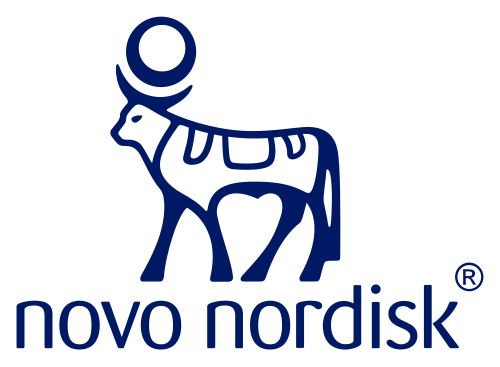Ask the author session
Understanding how our gut influences our brain is one of the most exciting frontiers in metabolic and liver-related research. For people living with MASLD/MASH (formerly NAFLD/NASH), obesity, and metabolic dysfunction, new insights into the gut–brain–liver axis are emerging every year.
One particularly compelling example is the recent paper published in GUT by Dr. Virginia Mela and colleagues: “Microbiota fasting-related changes ameliorate cognitive decline in obesity and boost ex vivo microglial function through the gut-brain axis.”
In our latest Ask the Author session, Prof. Jean-François Dufour sat down with Dr. Mela to explore the study’s design, findings, and what they could mean for individuals at risk of fatty liver disease. The conversation is rich, accessible, and highly relevant for anyone interested in the interplay between nutrition, inflammation, cognition, and metabolic liver disease.
👉 You can watch the full interview on our website—don’t miss it.
A Closer Look: Three Diets, One Key Question
Dr. Mela and her team conducted a randomized controlled trial involving 96 participants with obesity. Participants were assigned to one of three well-defined dietary interventions for three months:
- Mediterranean diet (rich in olive oil, fish, legumes, vegetables)
- Ketogenic diet (very low carbohydrate, high fat)
- Alternate-day fasting (restricted intake on fasting days; controlled intake on non-fasting days)
The goals?
- To determine how these diets affect weight loss
- To explore whether they can improve cognitive performance, given the well-established link between obesity and cognitive decline
All participants underwent detailed metabolic, inflammatory, microbiota, and cognitive assessments before and after the intervention period.
What They Discovered: Alternate-Day Fasting Stands Out
While all three diets produced similar weight loss—and the ketogenic diet led to the greatest reduction in fat mass—the alternate-day fasting diet had the most impressive effect on cognitive improvement.
Dr. Mela explains that this benefit appears to be driven by several biological changes:
1. Reduced systemic inflammation
Inflammatory markers fell significantly after the alternate-day fasting intervention, suggesting a broad anti-inflammatory effect.
2. Improved microglial function
Microglia—the brain’s resident immune cells—showed healthier, more functional behavior after exposure to participants’ post-diet biological samples.
3. Favorable shifts in gut microbiota
Alternate-day fasting increased specific beneficial bacterial taxa that correlated with cognitive improvements.
4. Increased riboflavin production
A standout finding was the rise in riboflavin, a microbiota-derived metabolite known for anti-inflammatory and immunomodulatory effects—potentially linking gut changes to brain improvements.
Prof. Dufour highlighted how elegant and multidimensional the study is, bridging microbiota composition, metabolites, brain immune cell activity, and cognition.
What Does This Mean for MASLD/MASH?
With new drugs entering the MASLD/MASH treatment landscape, lifestyle strategies remain essential. Dr. Mela emphasizes that dietary interventions like alternate-day fasting may play a powerful preventive role:
They help minimize metabolic dysfunction and inflammation—two key drivers of fatty liver disease progression. While diet alone may be insufficient in later disease stages, integrating such patterns early could reduce risk, support metabolic health, and potentially complement future pharmacotherapies.
Why You Should Watch the Full Interview
This conversation is not just about nutrition—it’s about how strategic dietary patterns reshape the microbiota, influence immune function in the brain, and potentially protect metabolic health.
Whether you’re:
- living with MASLD/MASH,
- a clinician advising patients,
- a researcher in the metabolic field, or
- simply someone curious about the gut–brain axis,
this interview offers science-based insights delivered in a clear and engaging way.
👉 Watch the full interview with Dr. Virginia Mela now here on the Swiss NASH Foundation website.
It’s an inspiring look at how dietary science continues to evolve—and how it may help us prevent and better understand metabolic liver disease.

